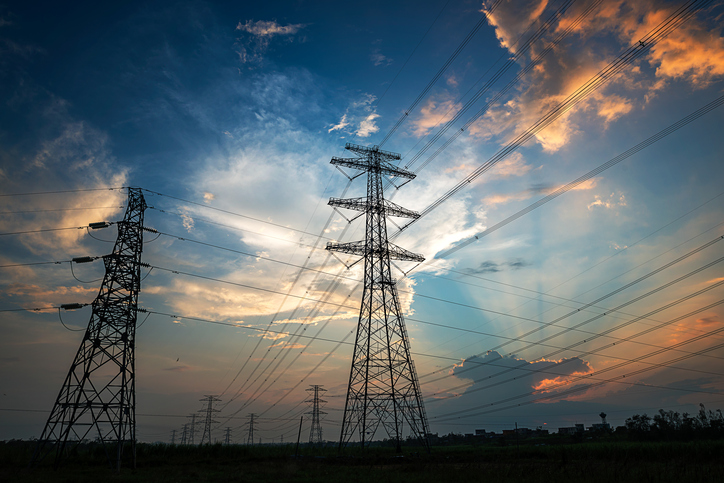
A busy week on the policy front was capped off yesterday (Thursday 16 March) with the Committee on Climate Change’s report on energy bills, which concluded that energy efficiency investments could “more than offset” any potential increases in energy prices caused by green policies. Meanwhile the government quietly released updated projections for renewable power generation, forecasting flatlining and then sliding clean power generation in the mid-2020s. Elsewhere this week the Isles of Scilly is to get its own smartgrid, BEIS ministers gave hope yet that the solar business rates issue could be solved and we uncover the reasons behind The Solar Cloth Company’s contentious collapse.
Green policy bill impacts could be offset by energy efficiency spend, CCC says
Any potential increase in energy bills caused by low-carbon policies could be wiped out by government-backed support of energy efficiency programmes which would simultaneously reduce fuel poverty by as much as 75%.
Smart energy project to run Isles of Scilly on renewables, storage and EVs
A multi-million pound EU funded project is set to provide the Isles of Scilly with a new smart energy system, using new software platforms to manage supply and demand through renewables, energy storage and electric vehicles.
Government departments remain in ‘active discussions’ over solar business rates
The Department of Business, Energy and Industrial Strategy (BEIS) has continued talks across Whitehall on the issue of rising business rates on solar installations, despite the lack of progress made in last week’s budget.
Crowdcube, a failed solar installer, and the missing £1 million
When The Solar Cloth Company collapsed in June last year, it took with it nearly £1 million of crowd-funded finance. Liam Stoker investigates how this came to pass and potential failures within Crowdcube’s consumer protections.
BEIS outlines limited projections for renewables to 2035
Renewable electricity generation is expected to fall in the early 2020s as gas fired power stations come online, according to updated energy and emissions projections from the Department of Business, Energy and Industrial Strategy (BEIS).
